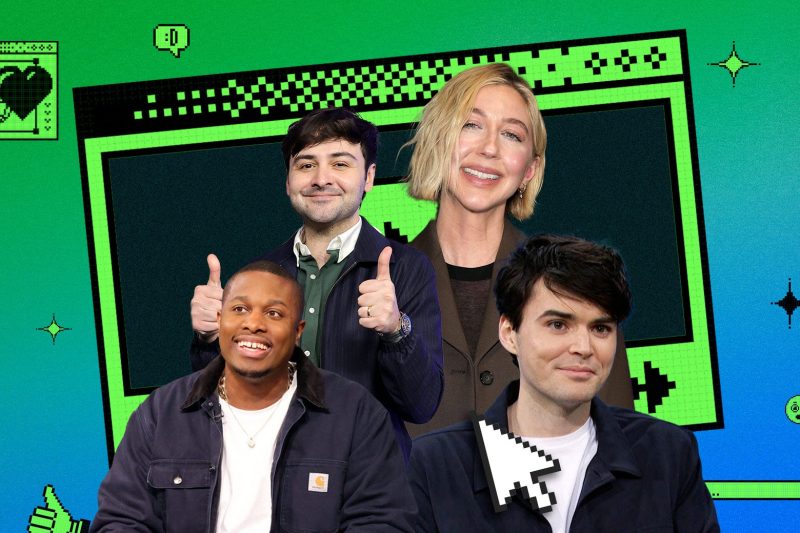
The question of whether *Saturday Night Live* (SNL) needs internet comedians is a complex one, sparking debate among fans and industry insiders alike. The show, a cornerstone of American comedy for decades, has always navigated the changing comedic landscape, adapting to new styles and trends. But the rise of internet-based comedy, with its diverse voices and often subversive humor, presents a unique challenge. Should SNL embrace this new wave of talent, or maintain its traditional approach?
The argument for incorporating internet comedians is compelling. These artists often possess a raw, unfiltered style and a deep understanding of current online culture – a crucial element for connecting with younger audiences. Their comedic sensibilities, honed through viral videos and social media platforms, can bring a fresh, unexpected perspective to SNL’s established format. Moreover, the sheer diversity of voices and styles found online offers SNL a much broader pool of talent to draw from, potentially enriching the show’s overall comedic range.
However, the counterargument highlights the challenges involved. The fast-paced, often chaotic nature of online comedy might clash with SNL’s more structured, traditional approach to sketch writing and performance. The short-form nature of many internet comedic bits might not translate easily to the longer, more elaborate sketches that are SNL’s hallmark. Additionally, the sometimes controversial or niche humor prevalent online could prove difficult to adapt for a mainstream audience.
Ultimately, the success of integrating internet comedians into SNL hinges on careful consideration and selection. The show needs to find artists whose talents complement its existing style, rather than clashing with it. A balanced approach, incorporating some internet-savvy comedians while retaining the core elements that have defined SNL for years, might be the most effective way forward. The future of SNL, therefore, may depend on its ability to embrace the evolution of comedy without sacrificing its unique identity.










